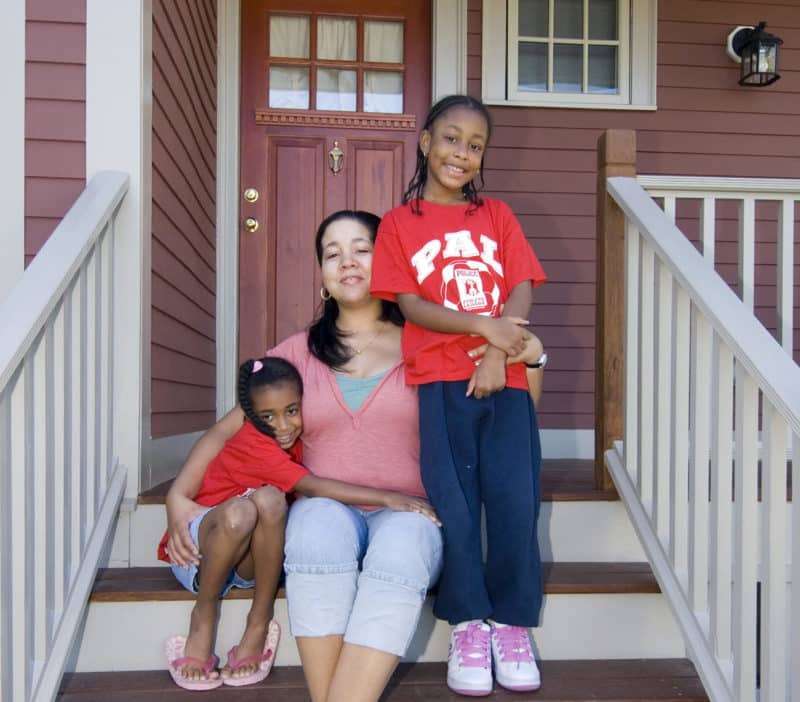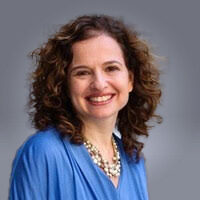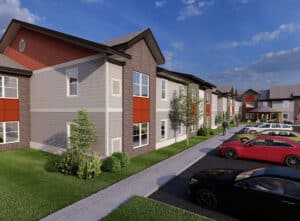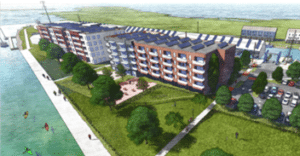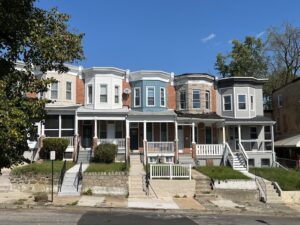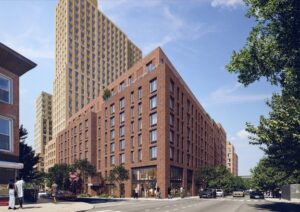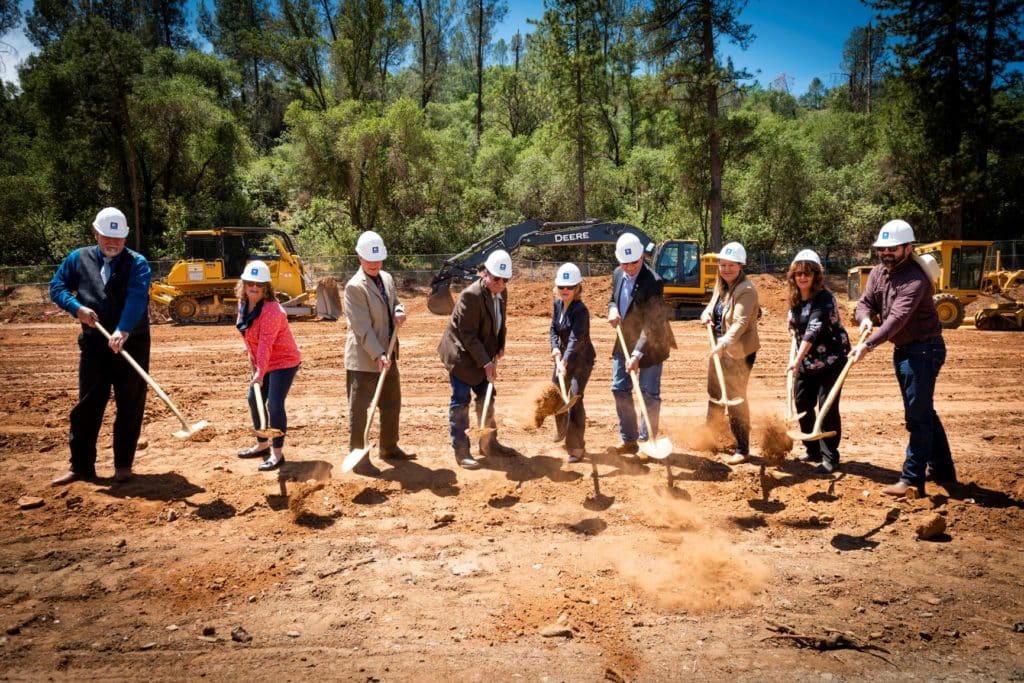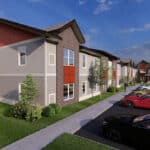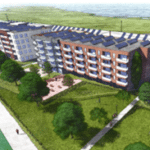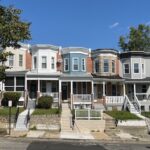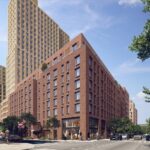Adapting to Support Families in Boston through Crisis
The nonprofit Urban Edge of Boston, MA, strengthens communities and families by building affordable homes and vibrant, prosperous neighborhoods. They view the wealth-building journey as a continuum, offering an entire range of programs to help community members.
“For us, it’s about the residents and communities we work in. Boston, like many cities, has an enormous racial wealth gap. Although being a homeowner is not the only way to build wealth, it’s still the number one way that families and individuals build wealth in America. We want to continue to support that,” said Urban Edge’s CEO Emilio Dorcely.
They do this through their Community Programs Department, which features first-time home buying classes, financial coaching, and student loan counseling. These programs help people become homeowners and improve their credit and economic mobility. Urban Edge serves an average of 600 families in their first-time homebuyers’ program, and a few hundred more in their additional programs. They have 1,400 apartments, most between 30-60 percent AMI ($36,000 – $72,000 for a family of four.)
When COVID hit in March 2020, Urban Edge worked to maintain service to their hundreds of families and residents. The bulk of their community programs were entirely in-person, with activities hosted at their office, in apartment buildings, or in other public spaces with community partners.
“We started with, ‘how can we reach out to people, and get them what they need?’” Dorcely said.
That included working closely with their property managers on wellness checks, identifying residents and families in need, and determining how to support them.
They were constantly figuring out how to continue programs and services while mitigating fear and concerns related to COVID. While they saw a slight drop in the number they served, they also were able to be innovative.
“The staff was extraordinarily creative and bold, asking, ‘What do we want to accomplish? How can we do that?’” Dorcely said.
One example was reformatting many annual programs, such as their back-to-school backpack or holiday toy drives. For some, they tried delivery, for others they had people come in to pick up items, like turkeys around Thanksgiving.
They also started a program to provide residents with Visa gift cards of up to $250, many of which were used for basic needs such as food and supplies. They partnered with an organization who had done similar work before, UCB, which helped guide their process.
They partnered with a small, local startup to provide food to homebound people.
“This was an opportunity for us to support good work and expand to a larger group of community members,” Dorcely said.
They also helped residents access rental relief. And, they saw a significant increase in participants in their first-time home buying classes, which they offered virtually.
They slowly brought services back to in-person as allowed. Their office was set up to do that, with the board room right by their entrance. Some things they did during the pandemic will remain: wellness checks, for example, have become an important service. They will continue certain things remotely and virtually because they worked, but if circumstances allow, Urban Edge is working to have their office fully open and back to in-person activities before the end of summer.
“It’s important to build relationships and rapport with residents and community partners. There has to be some balance,” Dorcely said.
As they look to the next few years, they are continuing to strengthen and create programs that support future homebuyers. This includes partnering with MassHousing’s new first-generation homebuyers’ program. Urban Edge is also preparing new offerings targeted at wealth building, such as down payment assistance, and a “last mile” program that would help people about to buy a home if a last-minute cost came up during inspection, or a repair was needed.
For people who are not yet ready to buy a house, they help them work on economic mobility through a series of match savings programs such as a two-to-one match if they start saving on a regular basis.
“We’ve been very fortunate to receive support from NeighborWorks America to try a lot of innovative ideas,” Dorcely said.
This includes the initial funding for a digital equity pilot initiative to provide low-cost, free access to the internet for its residents and the community at large.
They’ve also worked with other community partners toward creating a two-year fellowship for those just out of college or with some work experience; the goal is to attract more people of color to the real estate development field, especially affordable housing.
“We continue to strengthen our ability to work with our residents and communities beyond crisis. With the right support, people can improve their economic wellbeing. What many need is the opportunity, the right resources and support to create a better quality of life,” Dorcely said.
Real Estate Development
Creating new homeowners is very important to Urban Edge, including new opportunities to buy, and that means construction.
“Increasing production of new affordable homeownership opportunities for people has a prominent place in what we want to do,” Dorcely said.
For the most part, Urban Edge continued its real estate development projects apace when the pandemic started.
“I have to give the affordable housing ecosystem in Boston and Massachusetts a lot of credit. We were fortunate that a lot of the public agencies and funders reacted very quickly,” Dorcely said.
They experienced a short freeze in ongoing construction while they figured out how to adapt to COVID restrictions and safety protocols, but quickly made up the time as the work continues.

